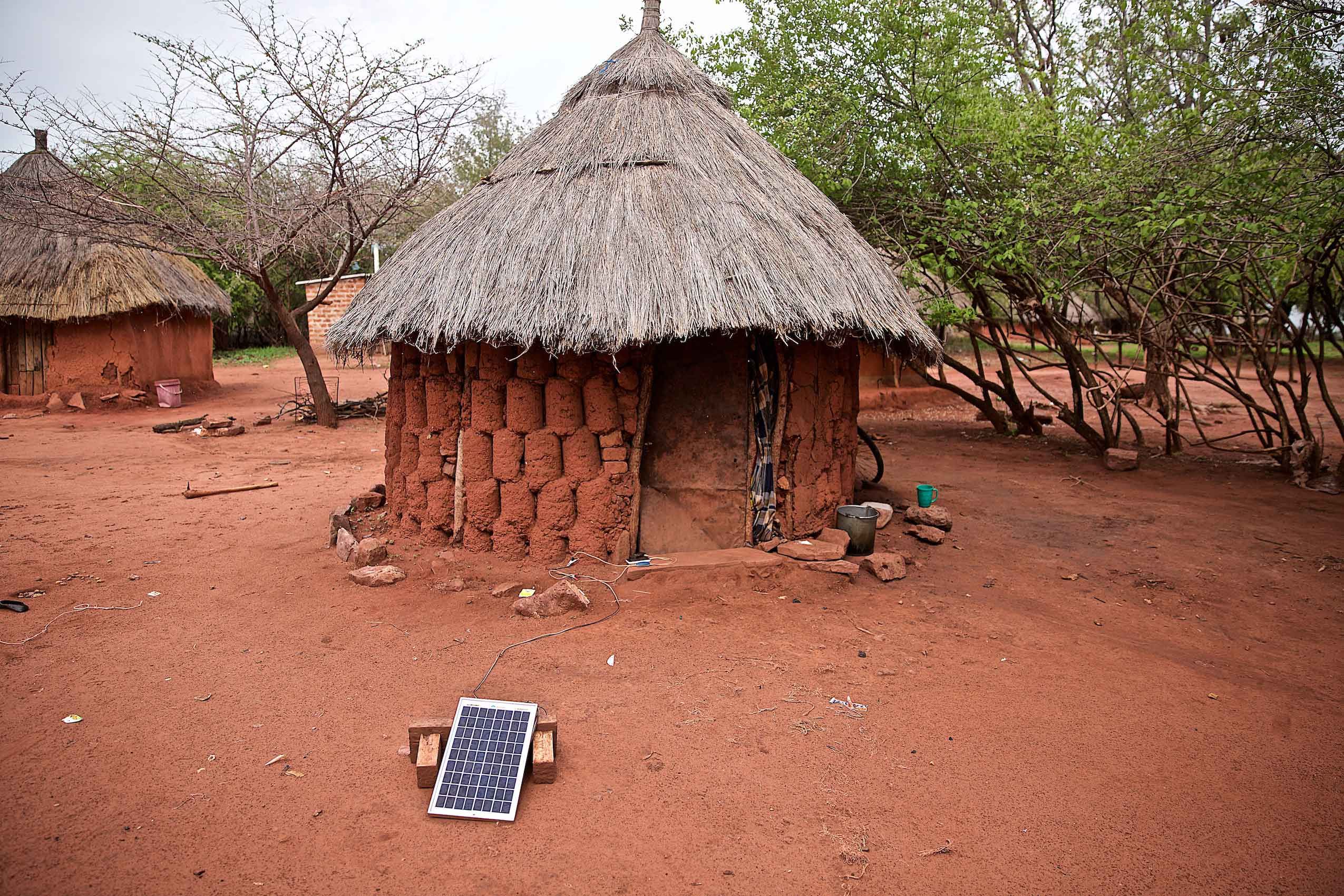Off the Grid Living FRQ explores the burgeoning trend of self-sufficient living, delving into the motivations, methods, and challenges faced by those choosing to disconnect from conventional utilities. This in-depth examination covers everything from designing basic off-grid systems to navigating the legal and social aspects of this increasingly popular lifestyle.
From harnessing renewable energy sources like solar and wind power to implementing sustainable waste management techniques and establishing food security through gardening and livestock, the complexities and rewards of off-grid living are laid bare. We examine the crucial considerations for building and shelter, ensuring safety and health, and fostering community in these unique environments. The article also highlights the role of technology in enhancing off-grid experiences and the legal frameworks that govern this unconventional path.
Defining “Off the Grid Living”: Off The Grid Living Frq
Off-grid living represents a spectrum of lifestyles characterized by reduced or eliminated reliance on conventional utilities and infrastructure. It’s a deliberate choice to increase self-sufficiency and minimize environmental impact, but the degree of detachment varies significantly depending on individual circumstances and priorities. The core concept revolves around reducing dependence on external systems, though complete autonomy is rarely achieved in practice.Off-grid living encompasses a wide range of approaches, reflecting the diverse motivations and capabilities of individuals and communities.
It is not a monolithic concept but rather a continuum. At one end of the spectrum lies partial independence, where individuals might supplement grid-provided services with solar panels for electricity or a rainwater collection system for water, while still relying on the grid for backup power or other essential services. At the other end, complete autonomy represents a more challenging and rare aspiration, involving total self-sufficiency in energy, water, food, and waste management.
Motivations for Choosing an Off-Grid Existence
The reasons individuals and families choose off-grid living are multifaceted. A primary driver is a desire for greater self-sufficiency and control over essential resources. This can stem from concerns about the reliability and cost of conventional utilities, especially in remote areas with limited infrastructure. Environmental concerns, such as minimizing carbon footprint and reducing reliance on fossil fuels, also frequently motivate individuals to adopt this lifestyle.
Furthermore, some seek a simpler life, detached from the pressures and demands of modern society, emphasizing self-reliance and connection with nature. Others may choose this path due to financial constraints or a desire for greater privacy and independence from societal norms.
Different Approaches to Off-Grid Living, Off the grid living frq
Several approaches to off-grid living exist, each with its own set of challenges and rewards. Some individuals build entirely self-sufficient homes equipped with renewable energy sources like solar panels, wind turbines, and possibly even small-scale hydroelectricity. They may practice sustainable agriculture to grow their own food, utilize composting toilets for waste management, and collect rainwater for drinking and other uses.
Others may opt for a more minimalist approach, utilizing existing structures and focusing on reducing their reliance on specific utilities like electricity or municipal water. The choice of approach depends on factors such as location, available resources, budget, and personal skills and preferences. For example, a family in a rural area with abundant sunlight might prioritize solar power and rainwater harvesting, while someone in a more temperate climate might focus on energy efficiency and supplemental heating sources.
The common thread is a conscious effort to minimize dependence on external systems.
Ultimately, the decision to embrace off-grid living represents a significant lifestyle shift demanding careful planning and resourcefulness. While challenges exist, the potential rewards—greater self-reliance, environmental consciousness, and a deeper connection with nature—make it a compelling option for many. This comprehensive guide aims to equip aspiring off-grid dwellers with the knowledge and understanding necessary to navigate this transformative journey, fostering informed decision-making and successful integration into a self-sufficient lifestyle.
Notice no grid living book for recommendations and other broad suggestions.



